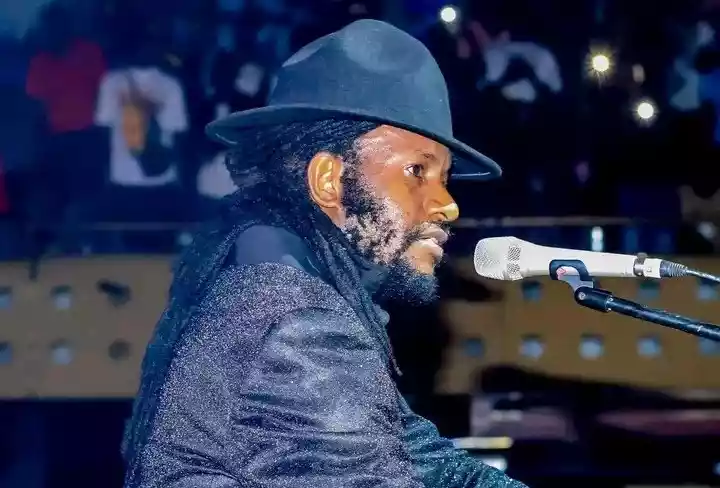
By Tapiwa Gomo
THE African National Congress (ANC) in South Africa will hold its 55th national conference in December this year ahead of the general elections in 2024. The conference, among others, shapes new party policies and elects members to the ANC national executive committee, the party’s highest decision-making body, as well as the “Top Six” leaders of the national executive.
Just like any other election seasons, the period before the congress is marked by numerous dramatic events, smear campaigns, criminal accusations, court cases and a lot of political dust. It gets politically murkier ahead of the ANC congresses. Last week, Cyril Ramaphosa, the President of South Africa was confronted with accusations of having stolen and concealed millions of dollars at one of his game farms.
The scandal was raised by Arthur Fraser, a former intelligence director who opened a complaint against Ramaphosa. Fraser charges that sometime in February 2020, criminals broke into Ramaphosa’s Phala Phala game farm in Limpopo province and allegedly escaped with US$4 million stashed inside the President’s property. Fraser further alleges that the robbers were caught, part of the stolen money recovered before the same criminals were paid to remain silent.
While Ramaphosa appears to be the victim of the robbery, Fraser, opposition parties and civil society organisations are accusing the President of money laundering, kidnapping and corruption. By law such a huge amount of cash is not supposed to be in the hands of an individual for a certain period of time and should have been declared to the central bank and the tax authorities. There are also allegations that the robbers were mistreated, border laws breached and those cases were not reported to the police as required by law.
The timing of the lodging of the criminal complaint by Fraser against the President is politically convenient for those in ANC vying to retain control of the party. It must be noted that South Africa has never had a President who lasted for two full terms.
The President has denied wrong-doing, but there is no doubt that he will have his work cut out ahead of the ANC 55th conference. There are reports that he will appear before the integrity commission of his party, the ANC, to respond to these allegations. He faces prospects of falling victim to his own idea which led to the ANC step-aside resolution to have those criminally charged or accused of corruption prevented from contesting leadership positions during the party’s elective conferences.
He needs to survive the onslaught from his own party and growing pressure from opposition parties. There is consensus among the opposition parties that the President must come clean on this issue, but there is discordance on what they want out of this process. Some in the ruling ANC want the President to step aside, allow investigations to take place and save the party whose reputation has been on a downward spiral over the past years. The Economic Freedom Fighters led by Julius Malema is singing from the same hymn book calling for the President to step down.
- Chamisa under fire over US$120K donation
- Mavhunga puts DeMbare into Chibuku quarterfinals
- Pension funds bet on Cabora Bassa oilfields
- Councils defy govt fire tender directive
Keep Reading
But the Democratic Alliance (DA), led by John Steenhuisen, is apprehensive on the calls for the President to step down. They made that clear long before the allegations against Ramaphosa emerged that they would not support any efforts to recall the President because that would mean David Mabuza, the current Vice-President, would take over. There is a well-pronounced dislike of Mabuza by the DA and for that reason, they will not join calls for the President to step down.
That is not the only issue giving headache to the DA. Ramaphosa has always been accused of being the black face of white monopoly capital in South Africa. That means with him in power plus the DA party as the official opposition in Parliament gave some form of cover for the white monopoly capital.
And a Mabuza leadership would bring the ANC leadership back to its original ideology of working for and with the people. It would bring back Jacob Zuma, Ace Magashule and Carl Niehaus’ ideas on radical economic transformation which seek to put black people at the centre of the economic policies in South Africa. Ideas such as these pose existential threat to the status quo of the white monopoly capital, hence the need to step up their game to stop the political train shifting the opposite direction.
The Phala Phala scandal, as it is now known, has caught the white monopoly capital by surprise. In fact, the assumption was that the story was dead and buried without the world noticing. The white monopoly capital has huge control over the media in South Africa which they use to influence public opinion in the country. If they had known in advance, they would have either pre-empted the story or done damage control to protect the image of the President.
It is, therefore, possible that there is panic in the white monopoly capital camp for the reasons mentioned above but also that they need a quick alternative plan to retain power. Their plan to retain control is based on the assumption that the loss of votes for ANC coupled with the Democratic Alliance and other smaller opposition parties gaining support, opened the possibilities of a coalition government — a vehicle that would be used to ensure their presence in government.
- Tapiwa Gomo is a development consultant based in Pretoria, South Africa. He writes here in his personal capacity.










